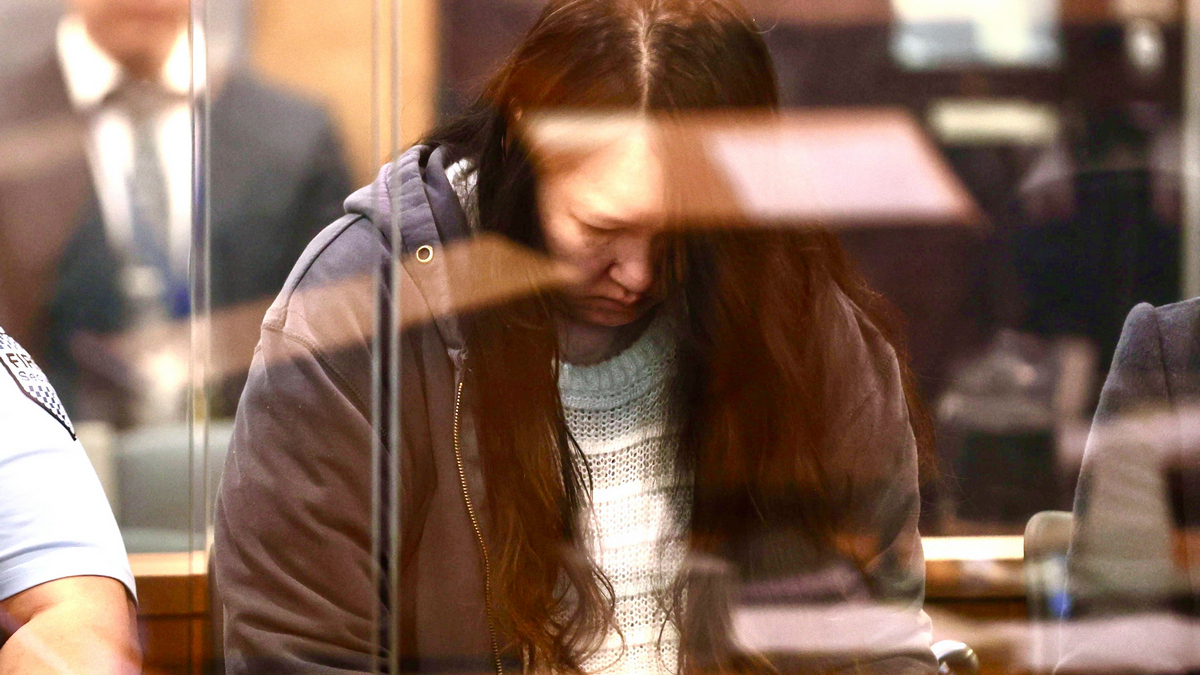A New Zealand mother has been found guilty in a shocking case dubbed the ‘suitcase murders’. Hakyung Lee was convicted of murdering her two children and hiding their bodies in suitcases.
The case has drawn international attention for its gory and sensational details. The 44-year-old, who pleaded not guilty, was convicted after a two-week trial.
But what do we know about the case?
Let’s take a closer look
What we know
Lee, a citizen of New Zealand, is originally from South Korea . The bodies of Lee’s children – Yuna Jo and Minu Jo – were found in 2022. The children were eight and six years old respectively at the time of their deaths.
The bodies were discovered after a family in New Zealand bought suitcases at a storage unit auction. Authorities in New Zealand said they believe the children had been dead for at least three to four years before the bodies were recovered.
Lee was arrested in South Korea’s Ulsan in September 2022 after being identified by authorities in New Zealand as the mother of the children. She was later extradited to New Zealand that year.
What Lee claimed at trial
Lee, during the trial, argued that she was insane at the time the killings occurred. She claimed the death of her husband, Ian Jo, from cancer in 2017 caused a break in her mental health. Lee’s lawyers argued that she, in her diminished mental state, decided that it would be best if she killed herself as well as the children. However, Lee got the dose wrong and woke up with her children dead.
Lee, at the trial, pleaded “not guilty of murder by reason of insanity”. L ee represented herself at the trial with assistance from two standby lawyers. However, she did not speak or answer any questions. She spent the trial sitting between a translator and a security guard with her head bowed and her face covered by her hair.
Her lawyers admitted that Lee dosed the children with the antidepressant and stuffed their bodies in suitcases. Regardless, standby counsel Chris Wilkinson-Smith asked the jury to find Lee not guilty. “She was a normal mother and then something went seriously wrong … she did something she would never contemplate doing. She would never harm her children let alone kill them,” Wilkinson-Smith said.
What the prosecution said
The prosecution, during the trial, said that though the children’s bodies showed no signs of trauma , it was clear they had been murdered. A pathologist in New Zealand rendered a verdict of death by homicide by unspecified means.
The pathologist found the use of the antidepressant Nortriptyline. The prosecution claimed that Lee obtained the drug from a pharmacy in August 2017 – just months before her husband was diagnosed with cancer.
The prosecution argued that Lee displayed rational thought by trying to conceal the murders and hiding the bodies of the children in suitcases. They also pointed to Lee leaving the country for South Korea and changing her name.
Crown prosecutor Natalie Walker said Lee was motivated “to free herself from the burden of parenting alone”.
“I suggest this shows her thinking rationally, even clinically, about taking her children’s lives and then covering up her heinous crimes,” Walker added.
“It was not the altruistic act of a mother who had lost her mind and believed it was the morally right thing to do, it was the opposite.”
The verdict
Justice Geoffrey Venning, who was overseeing the trial, told the jury, “It’s natural to feel sympathy for the young children who were killed. It’s also natural to feel someone should be held responsible for their deaths.”
“On the other hand, some of you may feel sympathy for the defendant,” Venning added. In the end, Venning asked the jury to reach its conclusion based only on the facts that they had heard.
The jury found Lee guilty after deliberating for just two hours. Lee, who kept her face down during the judgment, showed no reaction.
She now faces the maximum sentence of life in prison. Under New Zealand law, she will not be eligible for parole for at least a decade. She will be sentenced in November. She may be moved to a mental health facility before being sent to prison.
With inputs from agencies
)